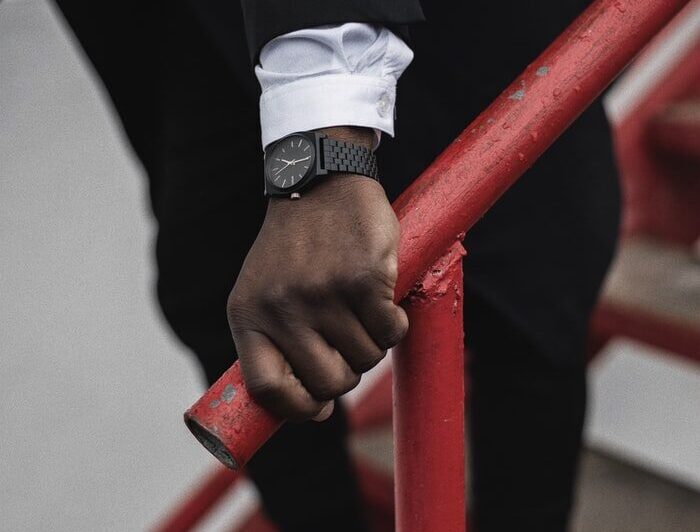
A team of physicists and virologists at the University of St Andrews are testing different surfaces and coatings for their effectiveness in killing the Covid-19 virus.
The university said that previous research has shown that Covid-19 survives for a ‘significant’ amount of time on materials commonly used for touch surfaces such as stainless steel and plastic.
The team, which received £270,000 UK Government funding to carry out the research, will build upon existing knowledge of the antiviral properties of material such as copper – with more complex materials created within the university’s centre for designer quantum materials using surfaces of advanced materials as well as nanostructure surfaces to increase the efficiency in deactivating the virus.
The university said that the findings could be used for surface treatments that can be applied retrospectively to actively inhibit and delay transmission of the virus via surfaces in public areas.
Professor Peter Wahl commented, “The exploration of different ways in which the current Covid-19 pandemic can be kept under control is crucial to enable reopening society and ensure a flourishing economy.
“Apart from airborne direct transmission, indirect transmission via surfaces, in particular in public spaces, can play an important role in spreading the disease.”
Professor Di Falco added, “We propose the development and easy deployment of surface materials and coatings that can actively inhibit and retard the spread of the virus from an infected person to others via touch surfaces, by deactivating it.”
Dr Catherine Adamson said, “This would potentially be a game changer for high-traffic surfaces in public spaces. We will build on existing knowledge about the antiviral properties of copper, and seek to optimise them.”








